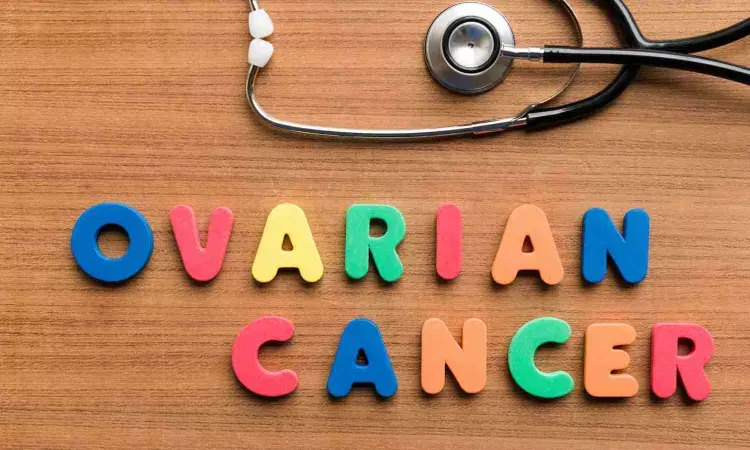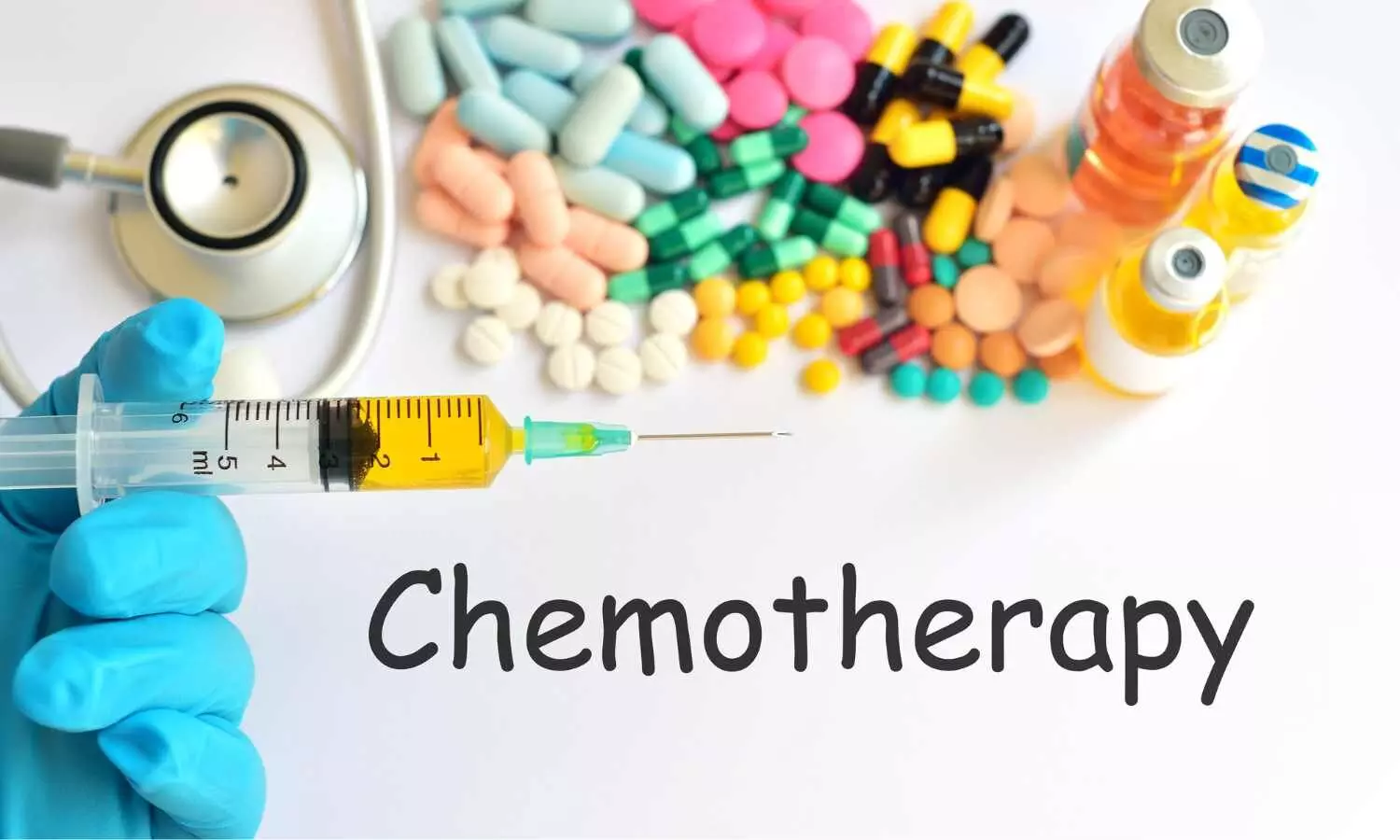- Home
- Medical news & Guidelines
- Anesthesiology
- Cardiology and CTVS
- Critical Care
- Dentistry
- Dermatology
- Diabetes and Endocrinology
- ENT
- Gastroenterology
- Medicine
- Nephrology
- Neurology
- Obstretics-Gynaecology
- Oncology
- Ophthalmology
- Orthopaedics
- Pediatrics-Neonatology
- Psychiatry
- Pulmonology
- Radiology
- Surgery
- Urology
- Laboratory Medicine
- Diet
- Nursing
- Paramedical
- Physiotherapy
- Health news
- Fact Check
- Bone Health Fact Check
- Brain Health Fact Check
- Cancer Related Fact Check
- Child Care Fact Check
- Dental and oral health fact check
- Diabetes and metabolic health fact check
- Diet and Nutrition Fact Check
- Eye and ENT Care Fact Check
- Fitness fact check
- Gut health fact check
- Heart health fact check
- Kidney health fact check
- Medical education fact check
- Men's health fact check
- Respiratory fact check
- Skin and hair care fact check
- Vaccine and Immunization fact check
- Women's health fact check
- AYUSH
- State News
- Andaman and Nicobar Islands
- Andhra Pradesh
- Arunachal Pradesh
- Assam
- Bihar
- Chandigarh
- Chattisgarh
- Dadra and Nagar Haveli
- Daman and Diu
- Delhi
- Goa
- Gujarat
- Haryana
- Himachal Pradesh
- Jammu & Kashmir
- Jharkhand
- Karnataka
- Kerala
- Ladakh
- Lakshadweep
- Madhya Pradesh
- Maharashtra
- Manipur
- Meghalaya
- Mizoram
- Nagaland
- Odisha
- Puducherry
- Punjab
- Rajasthan
- Sikkim
- Tamil Nadu
- Telangana
- Tripura
- Uttar Pradesh
- Uttrakhand
- West Bengal
- Medical Education
- Industry
HIPEC Improves Overall Survival in Recurrent Ovarian Cancer: Results from the Phase 3 CHIPOR Trial

A recent trial found that Hyperthermic intraperitoneal chemotherapy (HIPEC) in addition to cytoreductive surgery has significantly improved the overall survival rates for recurrent ovarian cancer. The trial results are published in the journal The Lancet Oncology.
Ovarian cancer is the leading cause of cancerous death in women. platinum-based chemotherapy and complete cytoreductive surgery, with bevacizumab or maintenance poly (ADP-ribose) polymerase (PARP) inhibitor (or both), are the standard treatments for primary diagnosis and at first platinum-sensitive relapse depending on clinical and tumor characteristics. Hyperthermic intraperitoneal chemotherapy (HIPEC) is a single intraoperative procedure that delivers chemotherapy in a heated solution directly into the abdominal cavity after cytoreductive surgery. Previous trials showed that HIPEC improved both overall survival and progression-free survival when used as primary treatment for advanced epithelial ovarian cancer during interval cytoreductive surgery. As later trials gave ambiguous results researchers conducted a trial to evaluate platinum-based chemotherapy followed by complete cytoreductive surgery with or without HIPEC, for the first relapse of ovarian cancer.
The multicentre, open-label, randomized, phase 3 CHIPOR trial was conducted at 31 sites in France, Belgium, Spain, and Canada. The trial enrolled patients with the first relapse of epithelial ovarian cancer at least 6 months after completing platinum-based chemotherapy. Individuals aged 18 years or older with WHO performance status of less than 2 were enrolled in the trial. After six cycles of platinum-based chemotherapy (and optional bevacizumab), patients suitable for cytoreductive surgery were randomly assigned centrally in a 1:1 ratio, using a web-based system and a minimization procedure. The participants were randomized to receive HIPEC (cisplatin 75 mg/m² in 2 L/m² of serum at 41±1°C for 60 min) during surgery, based on the center, completeness of cytoreduction score, platinum-free interval, and latterly, planned poly (ADP-ribose) polymerase inhibitor use. The primary endpoint was overall survival, analyzed on an intention-to-treat basis for all randomized individuals.
Findings:
• About 415 female patients were randomly assigned with 207 receiving HIPEC and 208 not receiving HIPEC.
• At the primary analysis, 268 (65%) patients had died (126 [61%] of 207 in the HIPEC group; 142 [68%] of 208 in the no-HIPEC group).
• HIPEC significantly improved the Overall survival (stratified hazard ratio 0·73, 95% CI 0·56–0·96; p=0·024).
• Median overall survival was 54·3 months with HIPEC versus 45·8 months without.
• Grade 3 or worse adverse events within 60 days after surgery occurred in 102 (49%) of 207 patients receiving HIPEC versus 56 (27%) of 208 receiving no HIPEC.
• Among the adverse events the most common are anemia (23% vs 14%), hepatotoxicity (11% vs 9%), electrolyte disturbance (14%] vs 1%), and renal failure (10% vs three 1%).
• There were three deaths within 60 days of surgery, all in the no-HIPEC group.
Thus, the study concluded that adding HIPEC to cytoreductive surgery significantly improved the overall survival in recurrent epithelial cancer. Despite the presence of adverse effects, HIPEC can be used to improve the survival rate in individuals with ovarian cancer relapse.
Further reading:
Classe JM, Meeus P, Hudry D, et al. Hyperthermic intraperitoneal chemotherapy for recurrent ovarian cancer (CHIPOR): a randomised, open-label, phase 3 trial. Lancet Oncol. Published online November 13, 2024. doi:10.1016/S1470-2045(24)00531-X.
BDS, MDS
Dr.Niharika Harsha B (BDS,MDS) completed her BDS from Govt Dental College, Hyderabad and MDS from Dr.NTR University of health sciences(Now Kaloji Rao University). She has 4 years of private dental practice and worked for 2 years as Consultant Oral Radiologist at a Dental Imaging Centre in Hyderabad. She worked as Research Assistant and scientific writer in the development of Oral Anti cancer screening device with her seniors. She has a deep intriguing wish in writing highly engaging, captivating and informative medical content for a wider audience. She can be contacted at editorial@medicaldialogues.in.
Dr Kamal Kant Kohli-MBBS, DTCD- a chest specialist with more than 30 years of practice and a flair for writing clinical articles, Dr Kamal Kant Kohli joined Medical Dialogues as a Chief Editor of Medical News. Besides writing articles, as an editor, he proofreads and verifies all the medical content published on Medical Dialogues including those coming from journals, studies,medical conferences,guidelines etc. Email: drkohli@medicaldialogues.in. Contact no. 011-43720751




